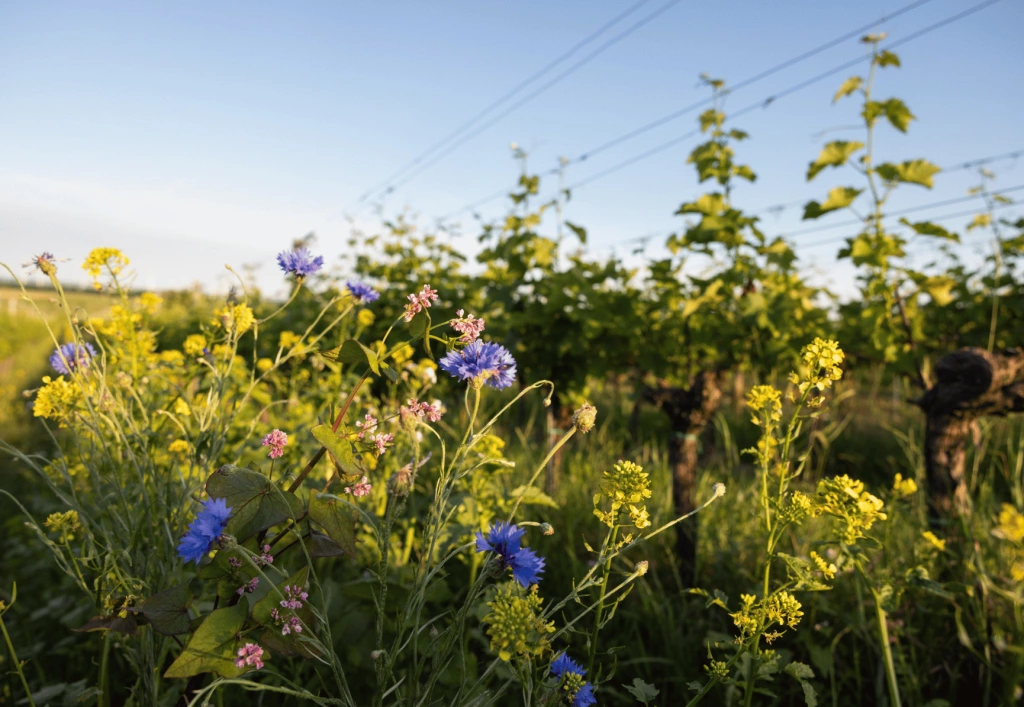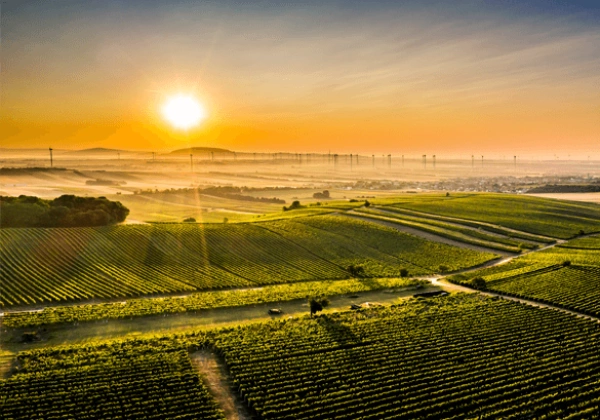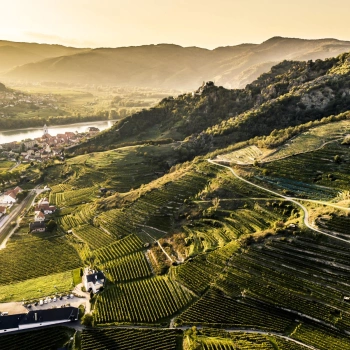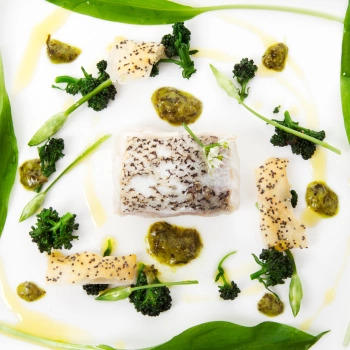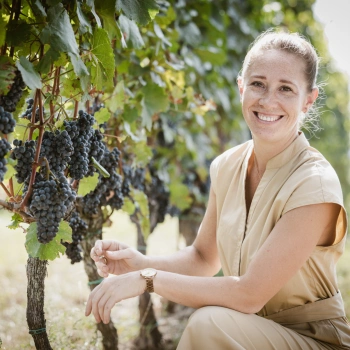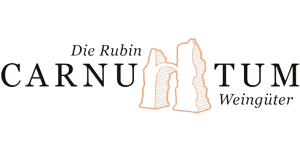
The Rubin Carnuntum Weingüter represent 37 winegrowers from Austria's Carnuntum winegrowing region. The group, originally founded in 1986, spent the following decades laboriously profiling the remarkable geological and climatic elements of their region. Those efforts crystallized in 2019 into an official Carnuntum DAC. One year earlier, in 2018, twenty members of the Rubin Carnuntum Weingüter joined the Österreichische Traditionsweingütern (ÖTW) as a group.
Rubin Carnuntum Weingüter
Fischamender Straße 12/3
2460 Bruck an der Leitha
